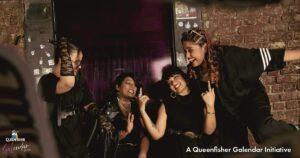In a patriarchal society, there are multiple ways in which women are subjugated, controlled, and at times, treated like a man’s property:
1. Pati parmeshwar hota hai.
The moment you elevate one person in a relationship to a God-like status, you’re ensuring it’s not a relationship of equals. A wife is not a husband’s subject – she is his partner.
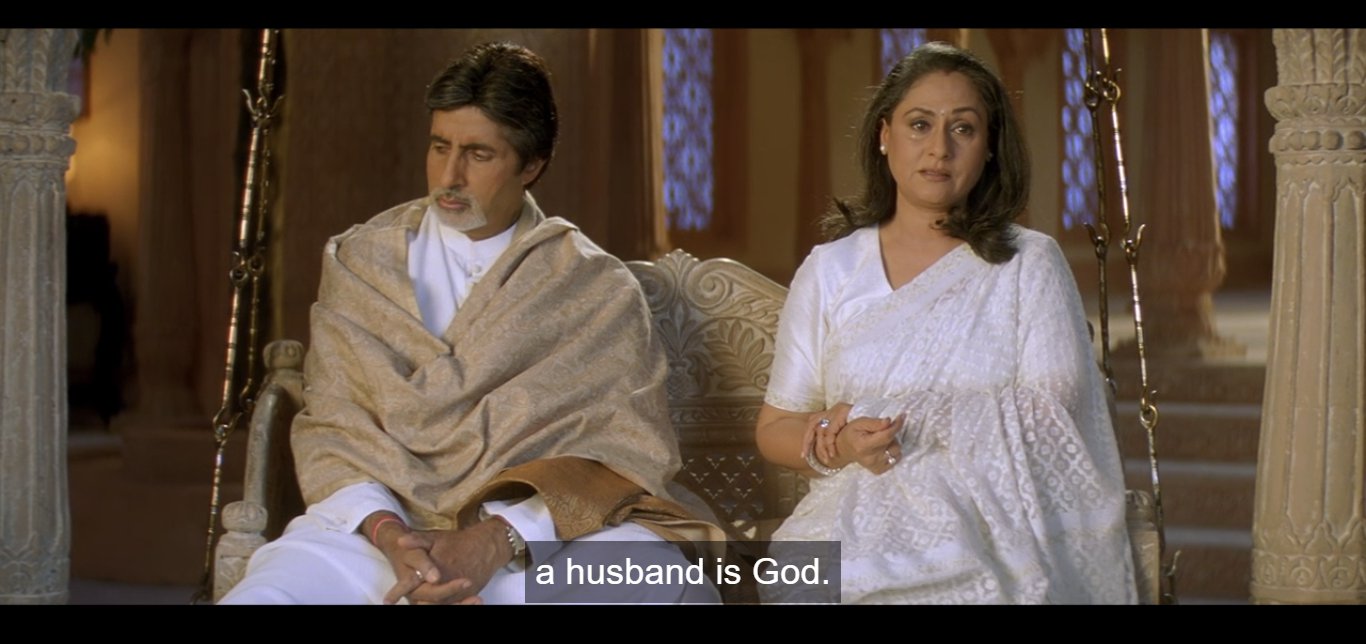
2. Beti toh paraya dhan hai.
So, a daughter is not only a stranger in her own home, but she is also a kind of wealth? Why? Why are we equating women to inanimate objects? Why are they being raised to be alienated from their own homes?
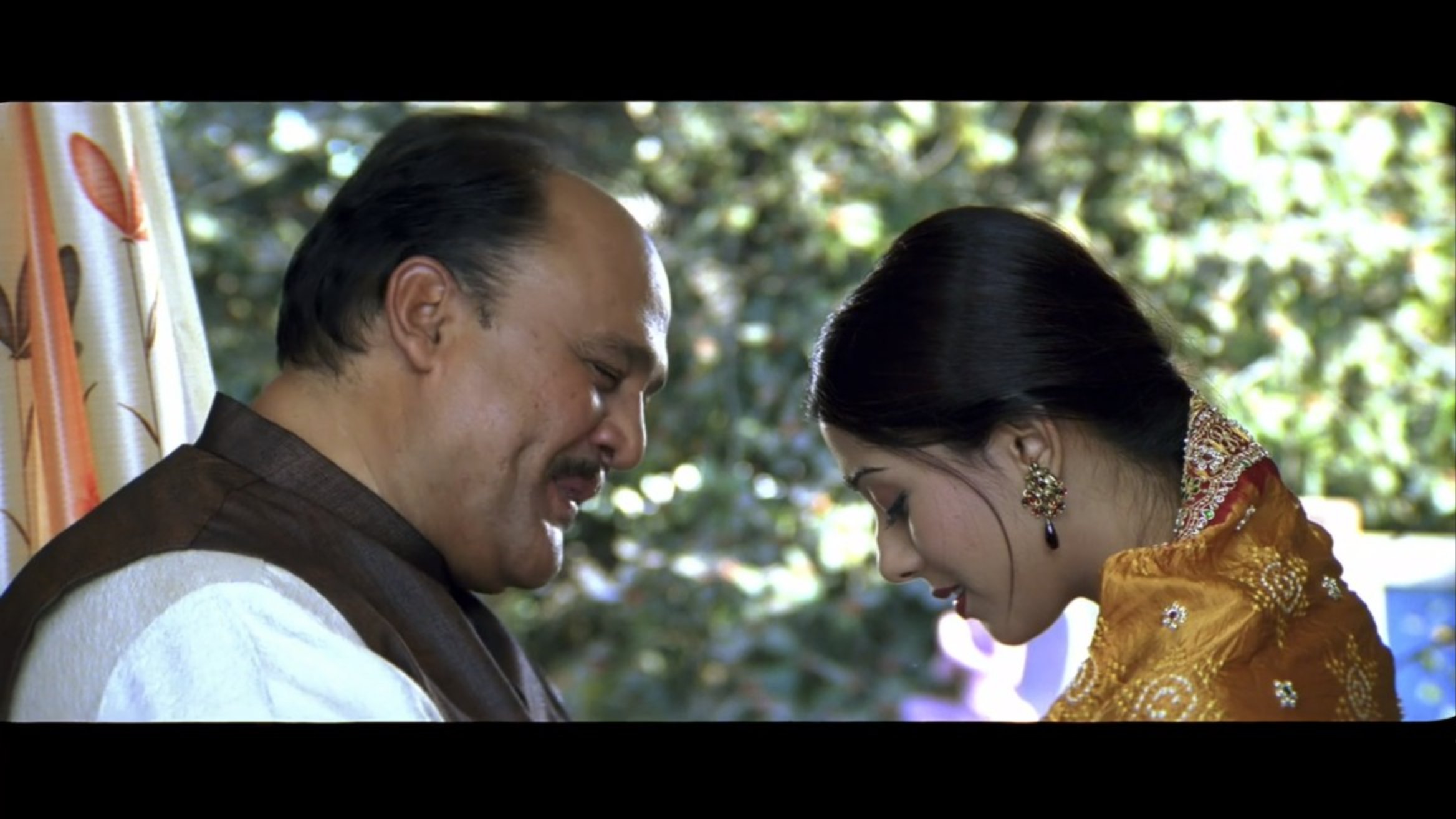
3. Saali matlab, aadhi gharwali.
How is our society okay with sexualizing and objectifying female relatives as a ‘joke’?
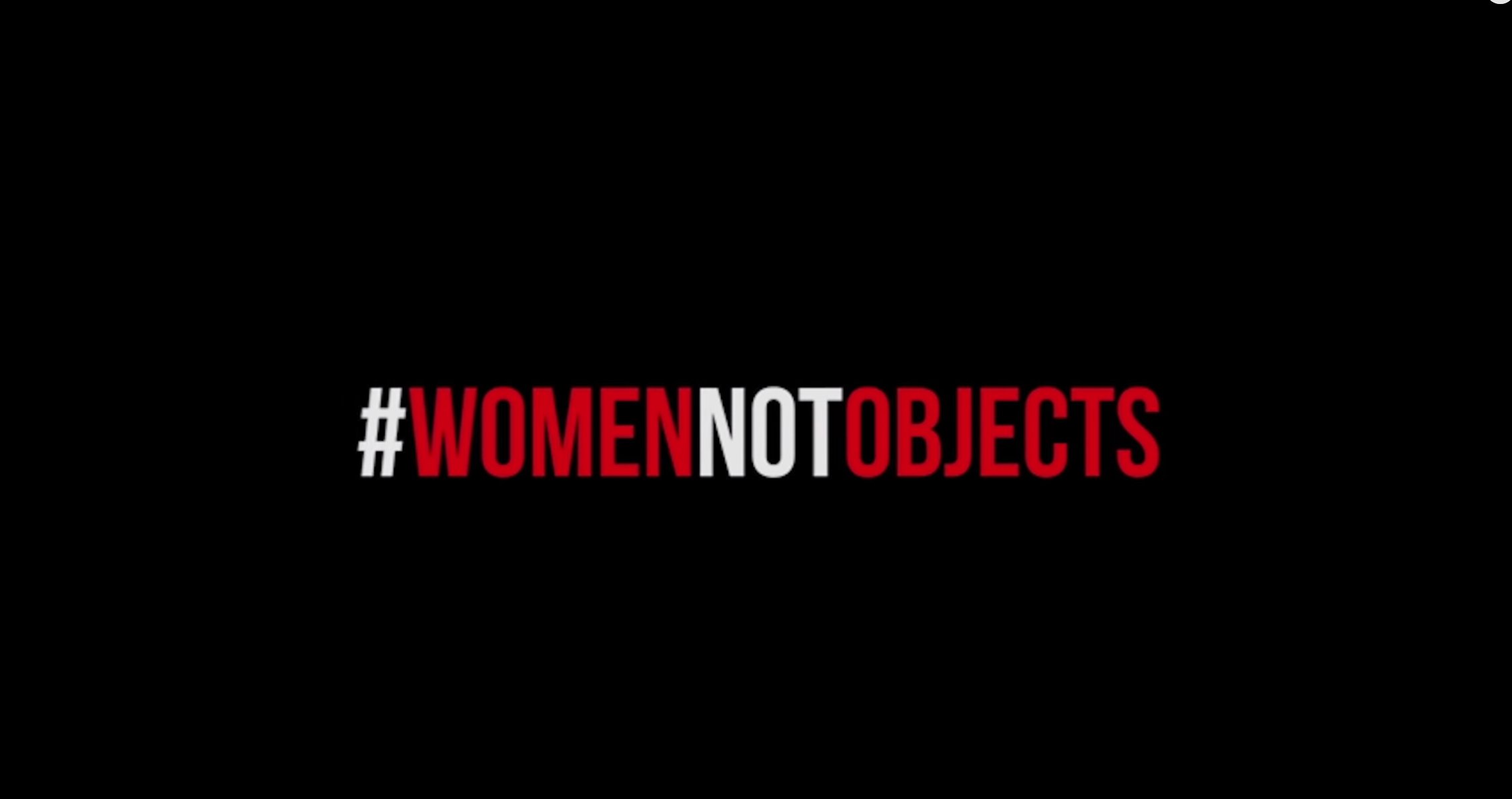
4. Kanyaadaan ke liye bulaiye.
The very phrase, kanyadaan kijiye, translates to giving away women (in this case, daughters) as charity. Do I really need to explain why this phrase is wrong? Also, the widely accepted norm is that only men aka fathers, or in the absence of a father, uncles, or brothers, can perform this ritual. While this has been challenged multiple times in the recent past, it only makes a sexist practice even more regressive.
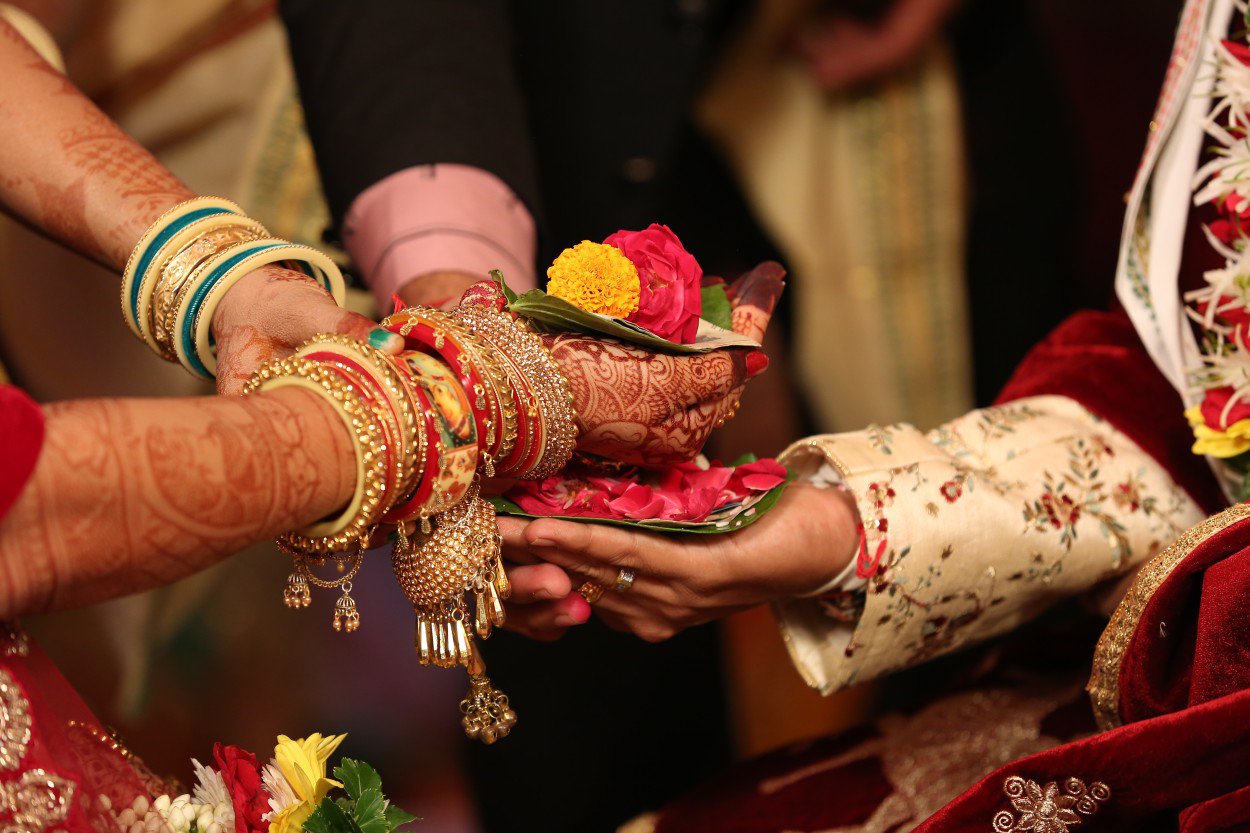
5. Akeli ladki khuli tijori hoti hai.
A single woman is just that – a single woman. But when patriarchy rears its ugly head, then a single woman is in danger, because she is a treasure box. That too, one that is open. Seems absurd? That’s exactly what it feels like when women hear such statements. Alone or not, we’re not ‘treasure boxes’ but rather, living human beings.
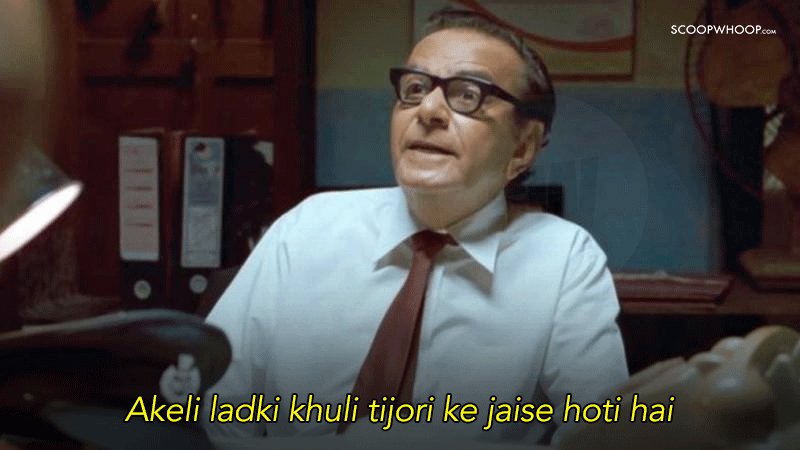
6. Pati ko ghar-kharche ka hisaab do/Pati se ghar kharche ki liye paise lo.
If a woman so desires, she has every right to be a housewife. But she should not be asked to submit to a man and explain how she runs the house. Financial dependence is not ideal, but it’s definitely not a reason to exercise control over another woman, especially your wife.
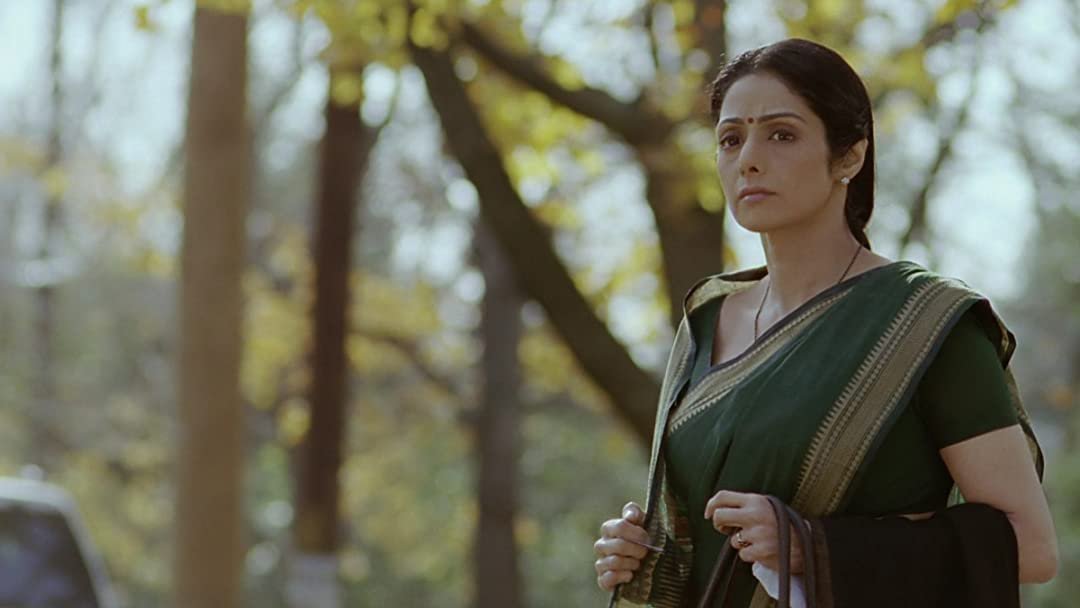
7. Pati ki khushi mein hi aapki khushi hai.
Tying a person’s happiness to another person is toxic. It also strips women (wives, and at times, even mothers), of the ability to express their desires or hell, even acknowledge them – because they have been conditioned to place a man and his wishes first.
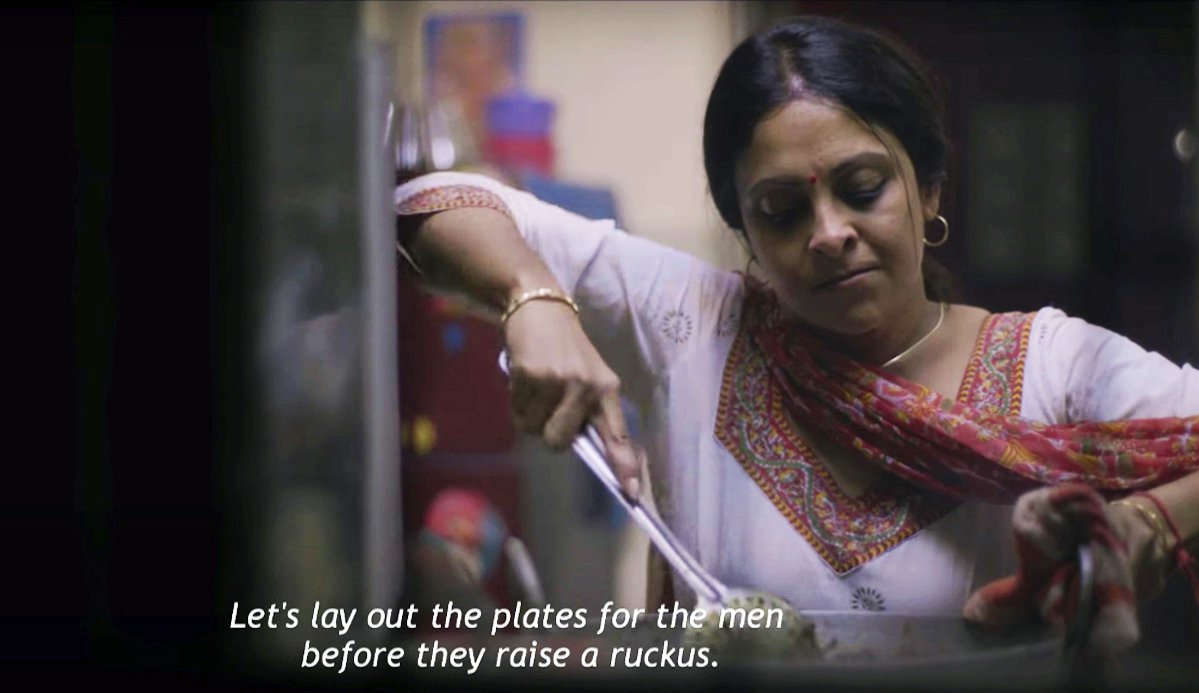
8. Kya maal/item hai!
One of the most obvious, not to mention disgusting, examples of objectification of women is men actually calling them ‘items’ (Hindi: maal). And if you think this is restricted to just eve-teasing, then let me remind you of the time one of our politicians, Kamal Nath, used this term for another female politician.

9. Bandi/Biwi hai meri, haq banta hai.
No. Absolutely not. Men can not claim to have ‘right’ or own another human being. That’s slavery, not love. Can we please stop accepting such statements as romantic? It’s statements like these that give way to something as heinous as marital rape, that coincidentally, is still legal in India.
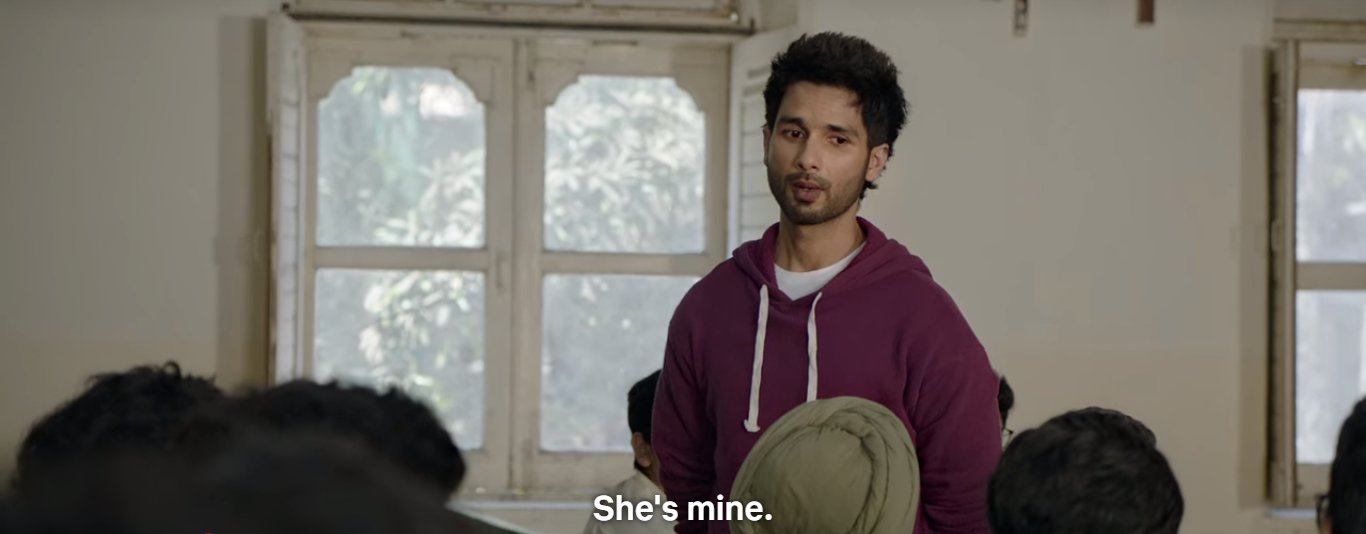
10. Thoda saja sawera karo/Wear some jewelry na!
Much like you tidy the house before a guest visits, the women of the house are often asked to ‘tidy themselves up’ – as if we’re nothing more than a piece of furniture, to be beautified for foreign gaze.
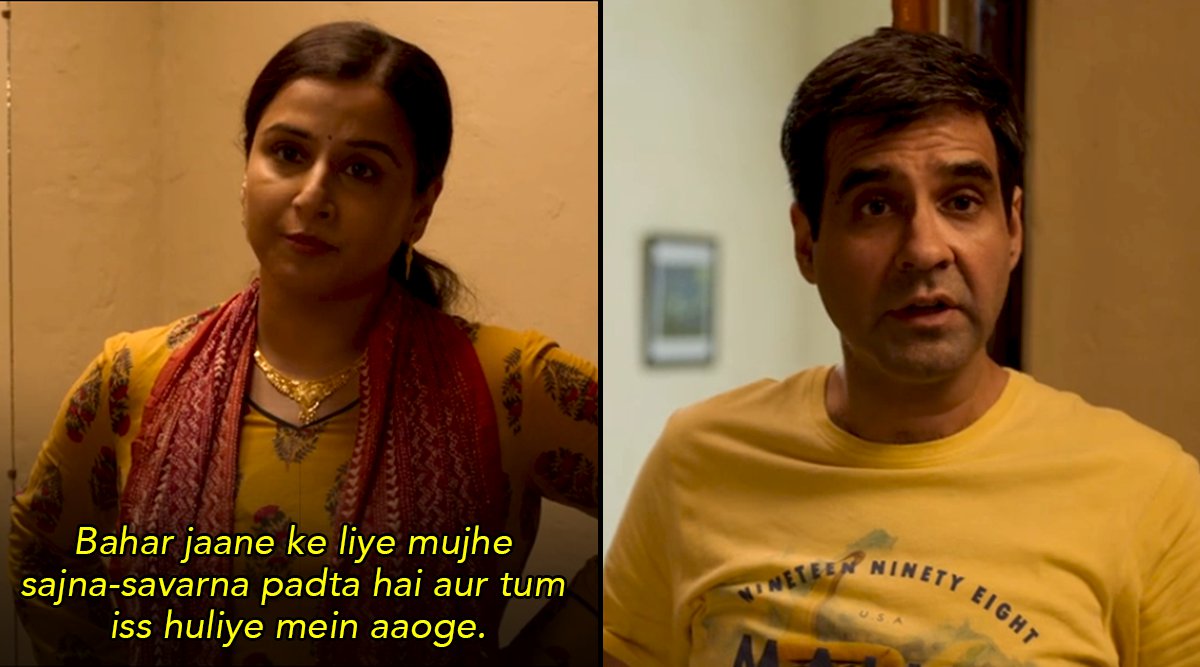
11. Kapde/Chunni/Pallu theek karo!
Fathers, mothers, partners – everyone is guilty of censoring a woman’s looks, rather than shaming a man’s perverted gaze. To be honest though, if a male guest or relative was to break an object in your house – you’d blame him. But they can still get away with making the women in the house feel uncomfortable.
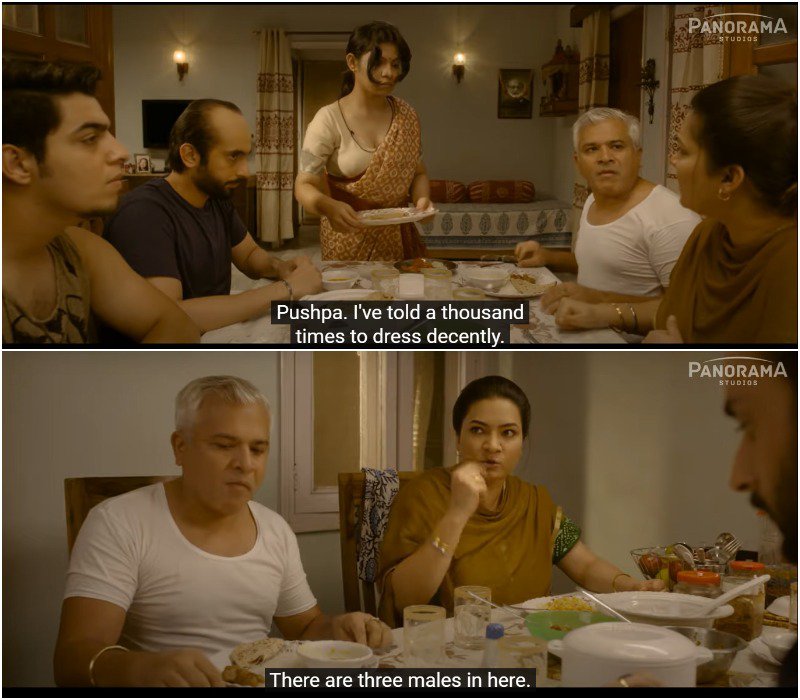
We need to retire such statements from our conversations and realize that women, irrespective of the relation they hold to you, are not objects or properties, but human beings, who deserved to be treated with respect, as equals.




